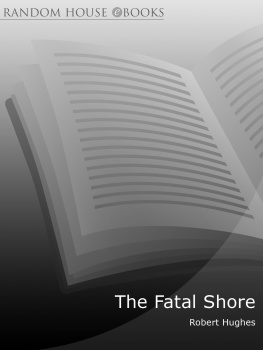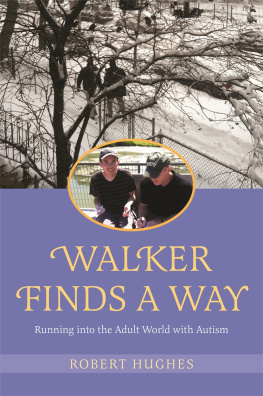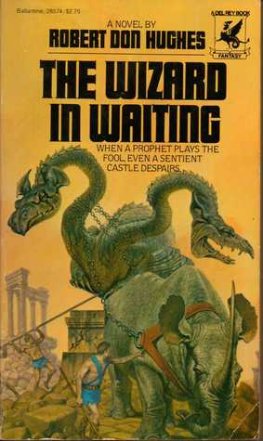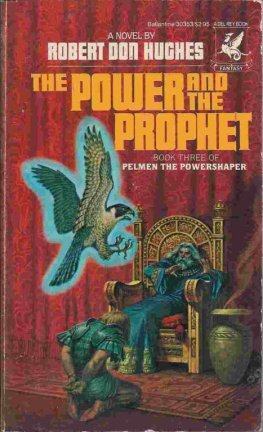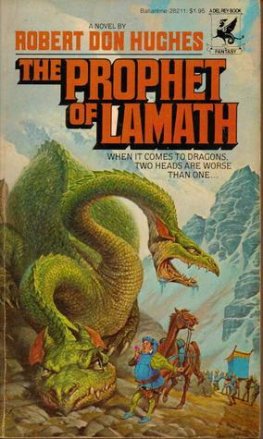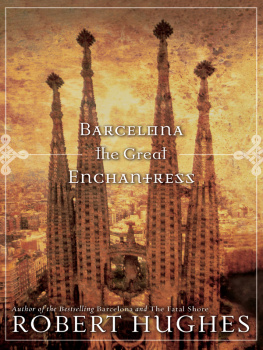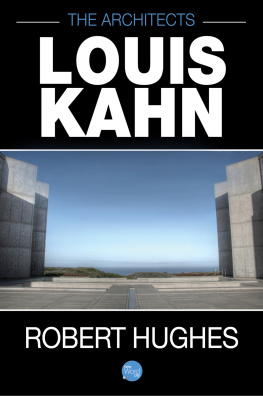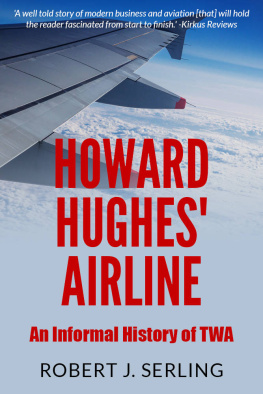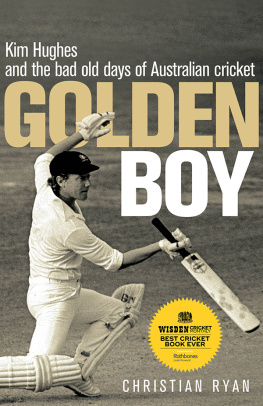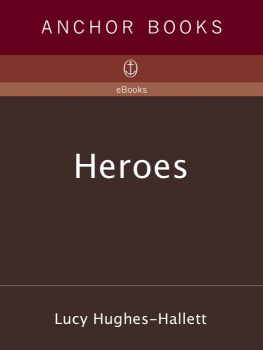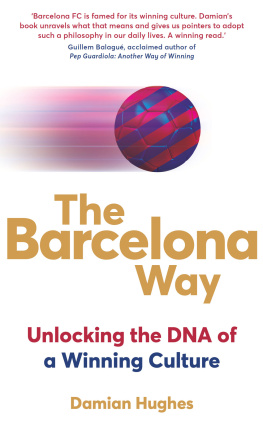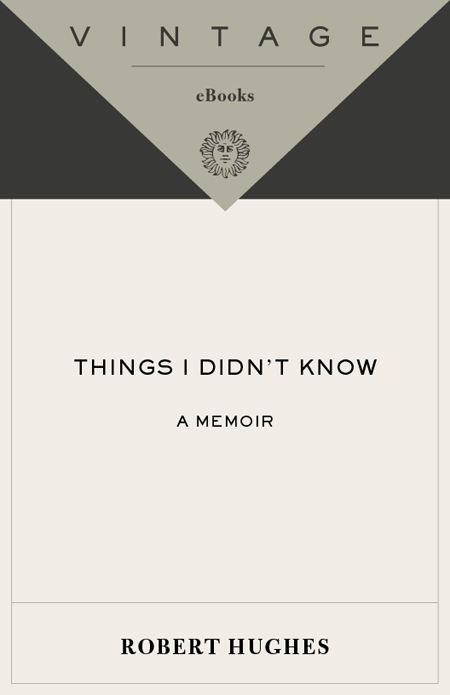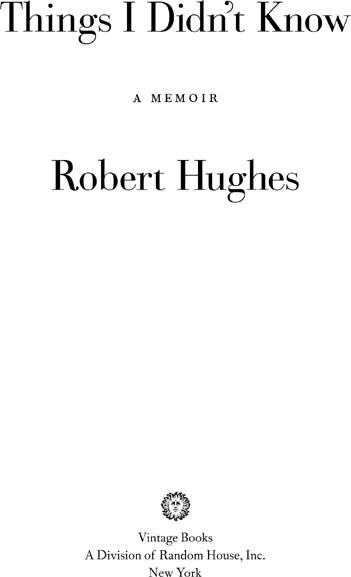Robert Hughes - Things I Didnt Know: A Memoir
Here you can read online Robert Hughes - Things I Didnt Know: A Memoir full text of the book (entire story) in english for free. Download pdf and epub, get meaning, cover and reviews about this ebook. year: 2006, publisher: Knopf, genre: Detective and thriller. Description of the work, (preface) as well as reviews are available. Best literature library LitArk.com created for fans of good reading and offers a wide selection of genres:
Romance novel
Science fiction
Adventure
Detective
Science
History
Home and family
Prose
Art
Politics
Computer
Non-fiction
Religion
Business
Children
Humor
Choose a favorite category and find really read worthwhile books. Enjoy immersion in the world of imagination, feel the emotions of the characters or learn something new for yourself, make an fascinating discovery.

- Book:Things I Didnt Know: A Memoir
- Author:
- Publisher:Knopf
- Genre:
- Year:2006
- Rating:4 / 5
- Favourites:Add to favourites
- Your mark:
Things I Didnt Know: A Memoir: summary, description and annotation
We offer to read an annotation, description, summary or preface (depends on what the author of the book "Things I Didnt Know: A Memoir" wrote himself). If you haven't found the necessary information about the book — write in the comments, we will try to find it.
Things I Didnt Know is a memoir unlike any other because Hughes is a writer unlike any other. He analyzes his experiences the way he might examine a Van Gogh or a Picasso: he describes the surface so we can picture the end result, then he peels away the layers and scratches underneath that surface so we can understand all the beauty and tragedy and passion and history that lie below. So when Hughes describes his relationship with his stern and distant father, an Australian Air Force hero of the First World War, were not simply simply told of typical father/son complications, we see the thrilling exploits of a WWI pilot, learn about the nature of heroism, get the history of modern warfare from the air and from the trenches and we become aware how all of this relates to the wars were fighting today, and we understand how Hughess brilliant anti-war diatribe comes from both the heart and an understanding of the horrors of combat. The same high standards apply throughout as Hughes explores, with razor sharpness and lyrical intensity, his Catholic upbringing and Catholic school years; his development as an artist and writer and the honing of his critical skills; his growing appreciation of art; his exhilaration at leaving Australia to discover a new life in Italy and then in swinging 60s London. In each and every instance, we are not just taken on a tour of Bob Hughess life, we are taken on a tour of his mind and like the perfect tour, it is educational, funny, expansive and genuinely entertaining, never veering into sentimental memories, always looking back with the right sharpness of objectivity and insight to examine a rebellious period in art, politics and sex.
One of the extraordinary aspects of this book is that Hughes allows his observations of the world around him to be its focal point rather than the details of his past. He is able to regale us with anecdotes of unknown talents and eccentrics as well as famous names such as Irwin Shaw, Robert Rauschenberg, Cyril Connolly, Kenneth Tynan, Marcel Duchamp, and many others. He revels in the joys of sensuality and the anguish of broken relationships. He appreciates genius and craft and deplores waste and stupidity. The book can soar with pleasure and vitality as well as drag us into almost unbearable pain.
Perhaps the most startling section of Things I Didnt Know comes in the very opening, when Hughes describes his near fatal car crash of several years ago. He shows not just how he survived and changed but also how he refused to soften or weaken when facing mortality. He begins by dealing with what was almost the end of life, and then goes on from there to show us the value of life, in particular the value of exploring and celebrating one specific and extraordinary life
Robert Hughes: author's other books
Who wrote Things I Didnt Know: A Memoir? Find out the surname, the name of the author of the book and a list of all author's works by series.

